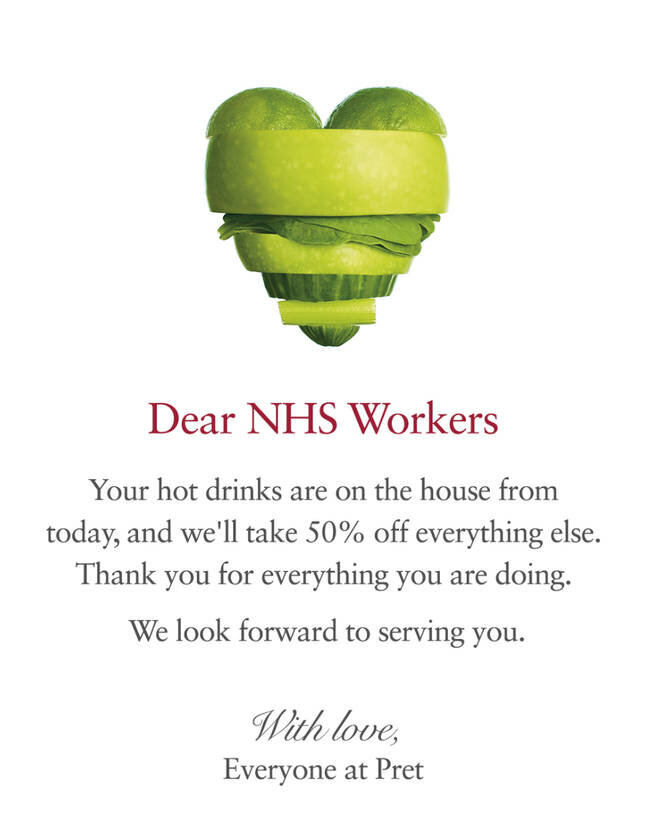It’s hard to think of a time when our social media feeds weren’t flooded with sponsored posts or users claiming influence over our buying habits. For over a decade now, influencer marketing has established itself as a favoured method for securing exposure – and, of course, achieving profits. There’s no doubt that it’s been successful, especially since the industry itself was worth an estimated $8 billion in 2019.
But, along with the unprecedented effects of COVID-19, a sense of necessity to change and adapt has, arguably, been brought about this year – leaving brands to weather a difficult storm. Some may have had to move their business online, re-align their messaging or simply try and stay afloat. Businesses have had to change how they operate, and how they communicate with their audience. With many facing financial strain, some brands have had to reduce their promotional spending, meaning that paid-for influencer marketing – and other forms – have been cut back.
The pandemic has altered more than just brands’ promotional strategies. For most of us, many aspects of our life look a lot different compared to a few months ago, and consumer buying behaviour has been no exception. Instead of searching for the best deals or products that help them stay on trend, consumers are now seeking a different endgame with brands. Kantar surveyed over 35,000 people with 75% of them wanting to hear from brands about what drives them as a business and what they are doing to help during this crisis. Many brands delivered. We saw Pret a Manger offering NHS staff a free hot drink and 50% off all other purchases, the NCP parking company provided free parking to NHS staff, and Unilever not only donated nearly £90 million towards combating the pandemic, but they also altered their manufacturing lines to produce hand sanitiser for hospital use.

It seems that a consumer’s focus right now is finding brands with a clear purpose. Of course, businesses need to make money, but now more than ever it seems that having an open and honest brand is key to reaching those customers. Because of this, it could be said that the motivations of influencer marketing are, in some way, changing as a result of this shift in consumer expectations. Rather than showcasing products on social media feeds and paying influencers with large followings to talk about them, influencer marketing is being taken in a new direction, as brands are looking to work with individuals that best align with their values and not just those who can help sell the most product.
A more value-focused influencer campaign provides brands with an opportunity to educate and extend their messaging. This allows brands to reinforce their mission and values through showing them how they can help, instead of what they sell. Levi’s is a great example. Their current ‘share your open letters’ campaign focuses on giving influencers, who are members of the LGBTQ+ community, the platform to tell their truth and give others the encouragement to embrace their authentic selves. Levi’s has successfully aligned itself with their values of inclusivity, courage and kindness with this campaign, as it shows customers how the brand can help those who may feel marginalised.
The pandemic has changed many aspects of our life and work, and it may be a while before we see any sort of shift towards the old normal. Value focussed influencer marketing is set to continue as it remains important to consumers, giving brands the chance to better understand what matters to their customers and providing a new platform for deeper communication and brand alignment.
If you want to know more about how to use influencer marketing responsibly and how it can help your brand convey its purpose, then we’d love to have a chat about how we can help.





